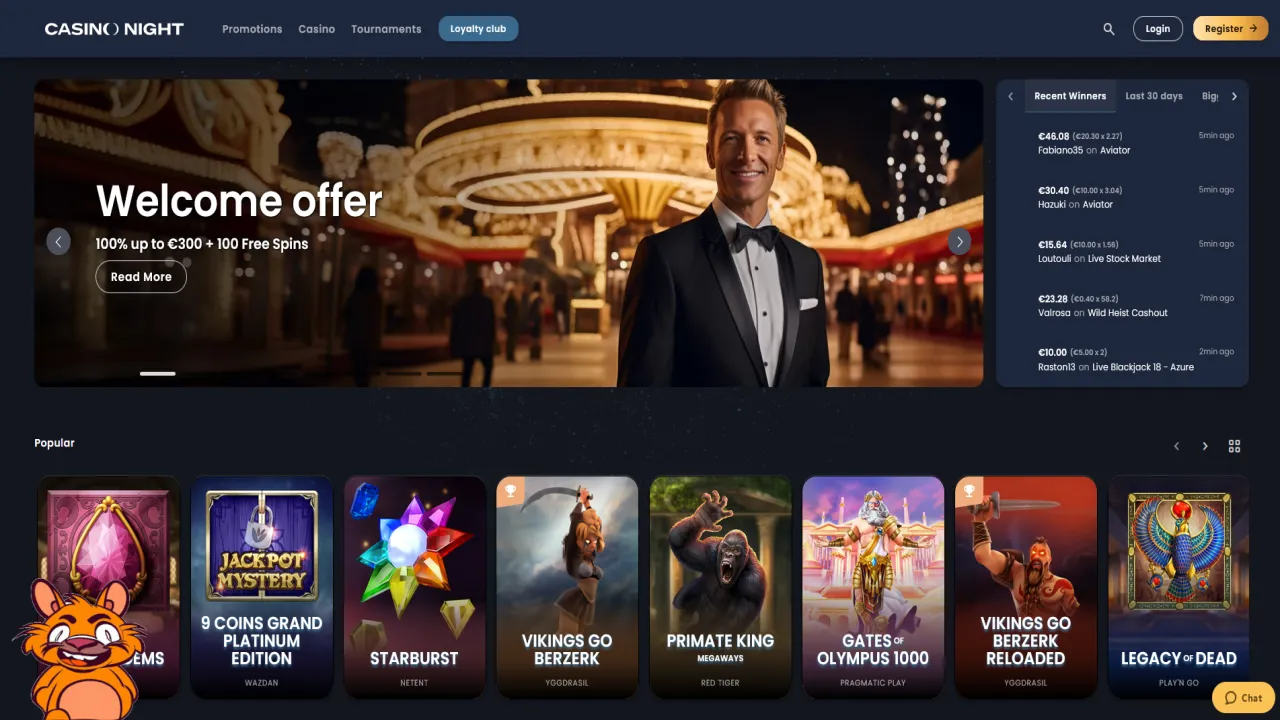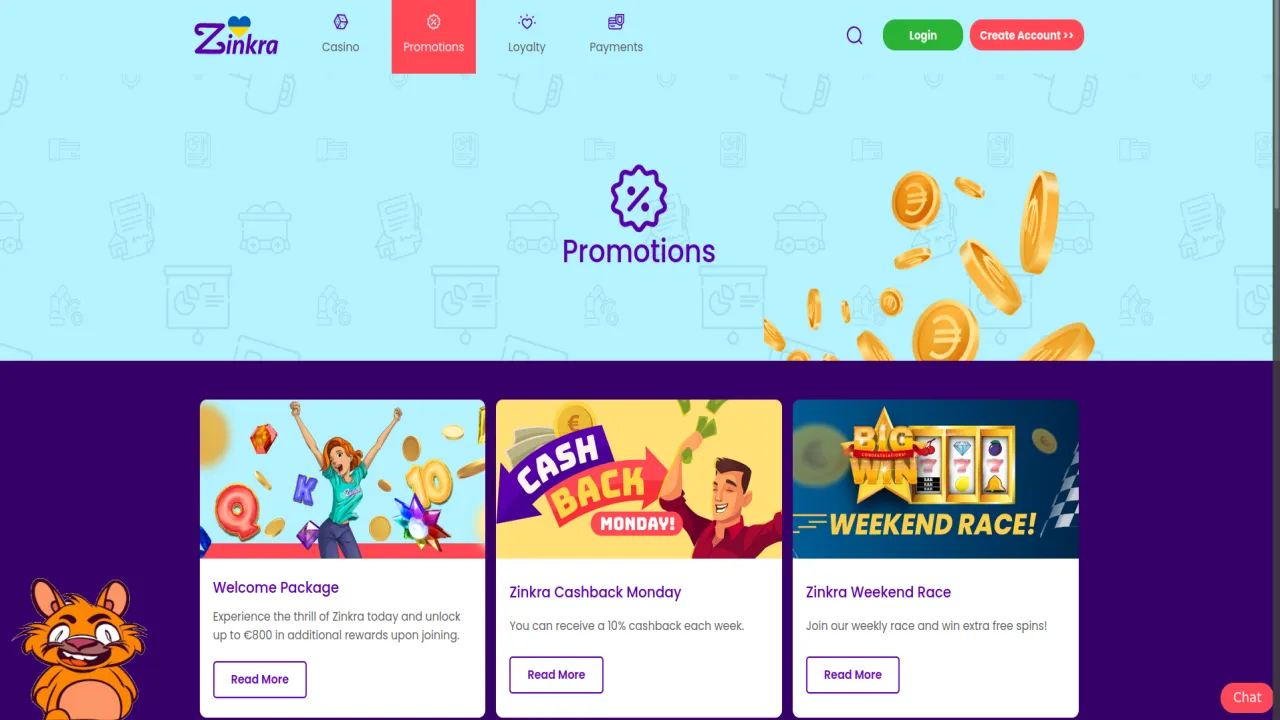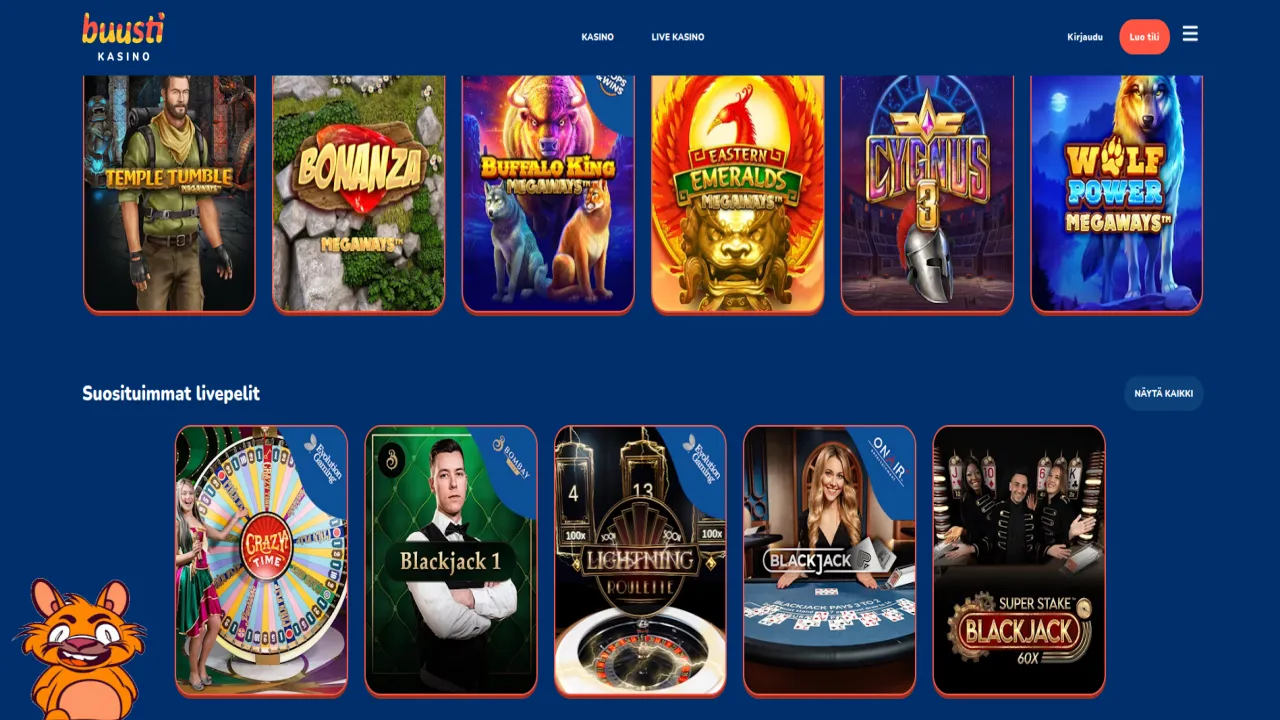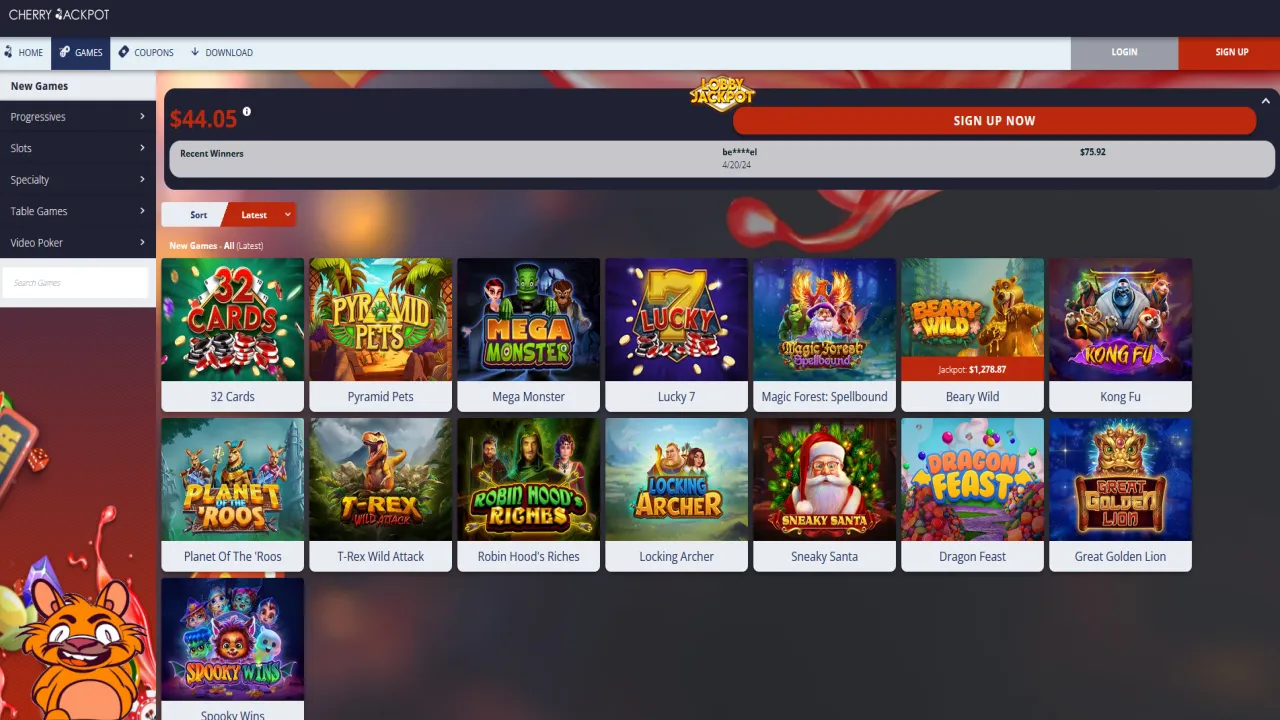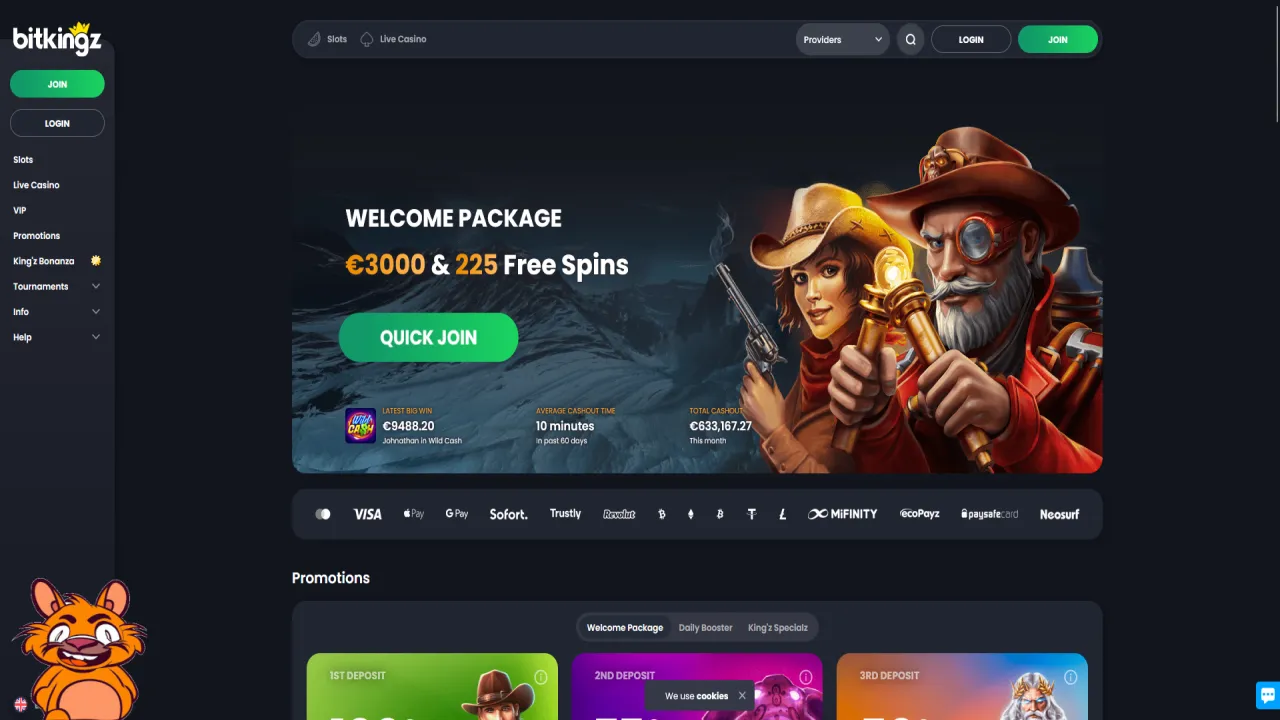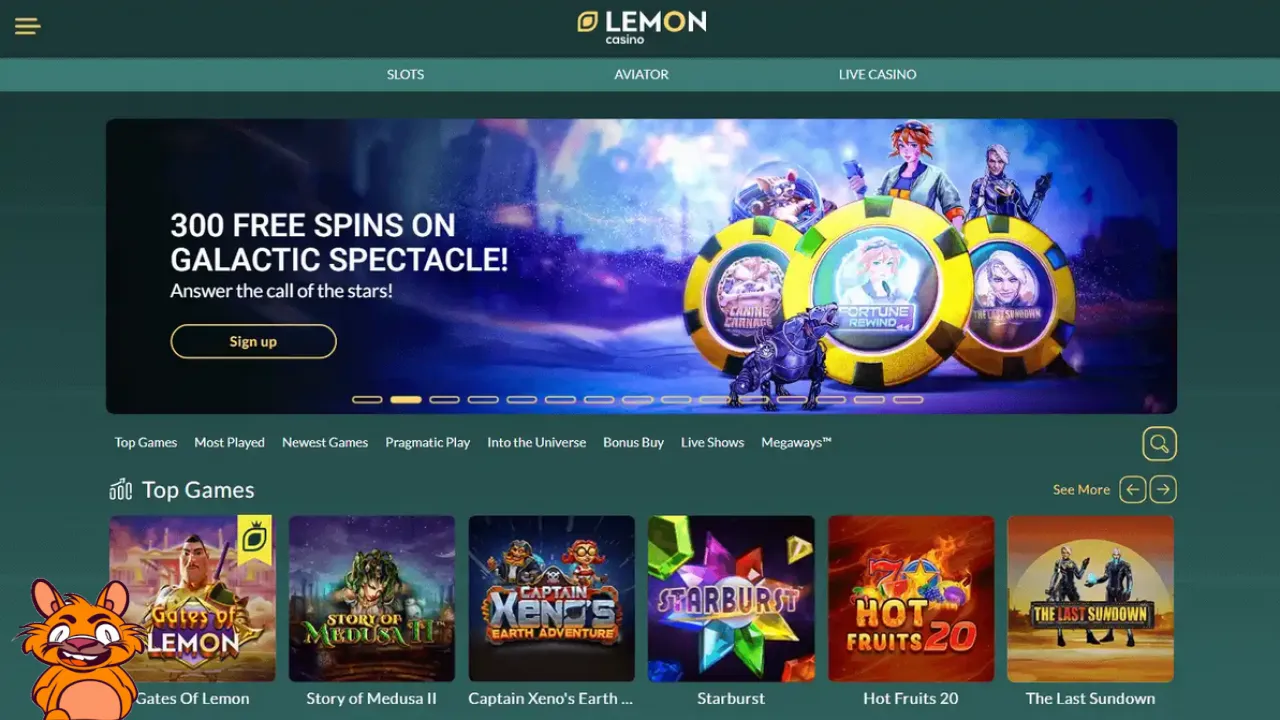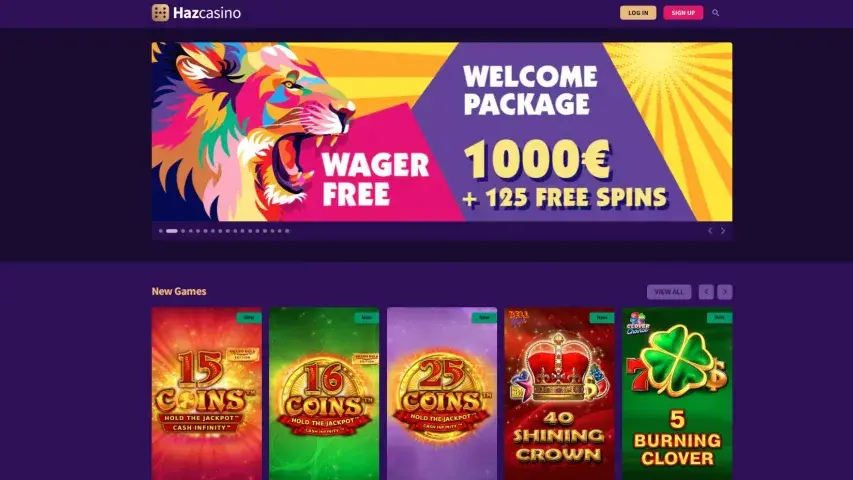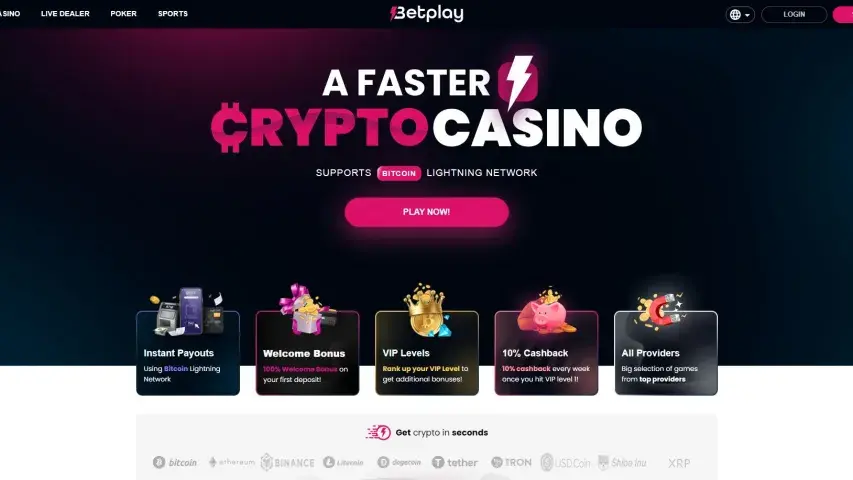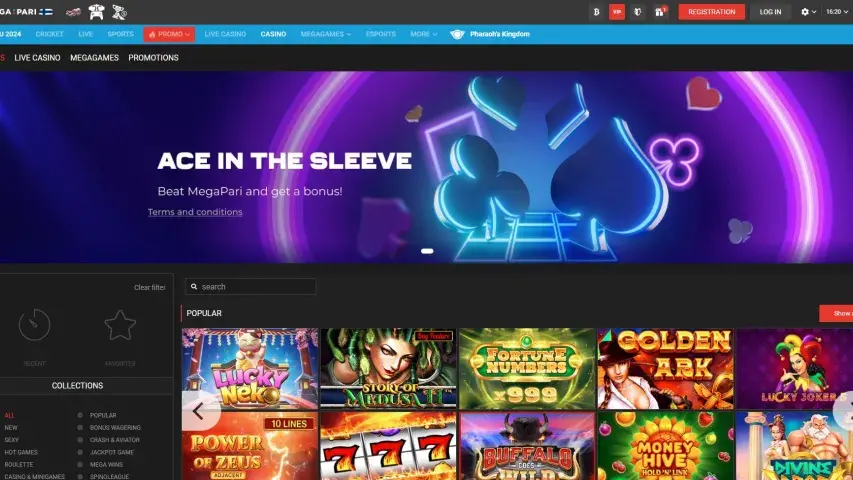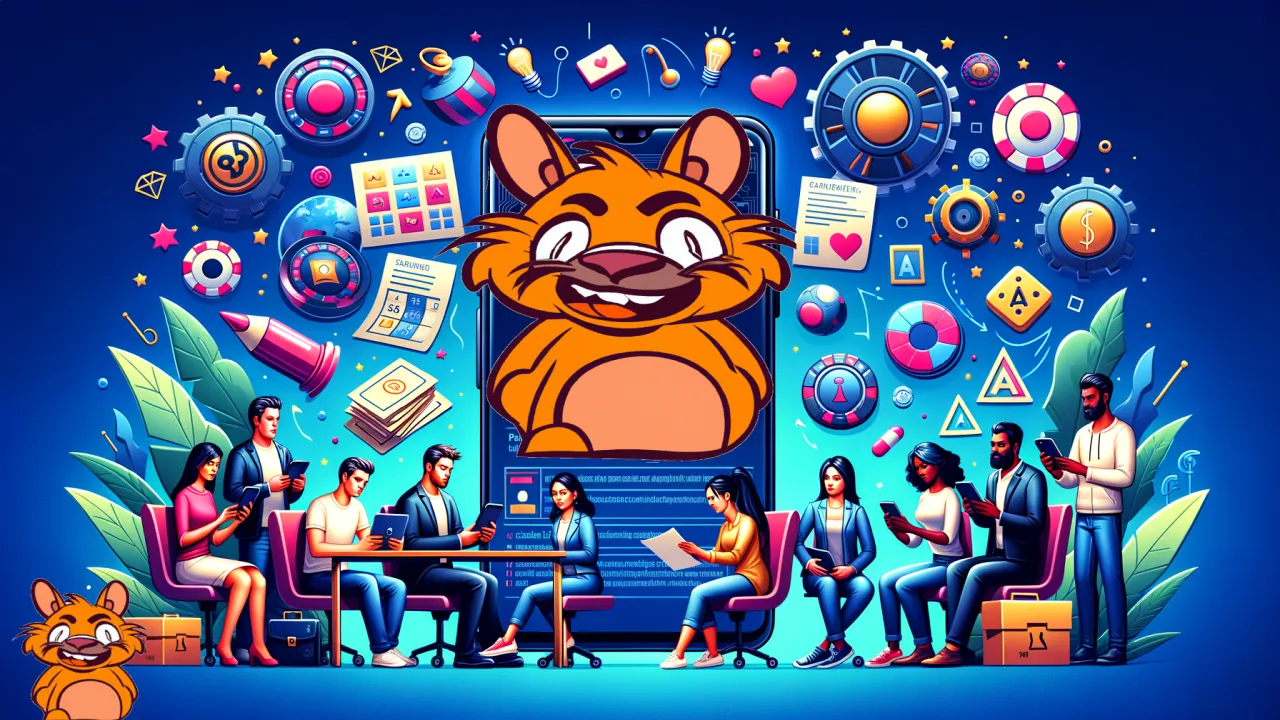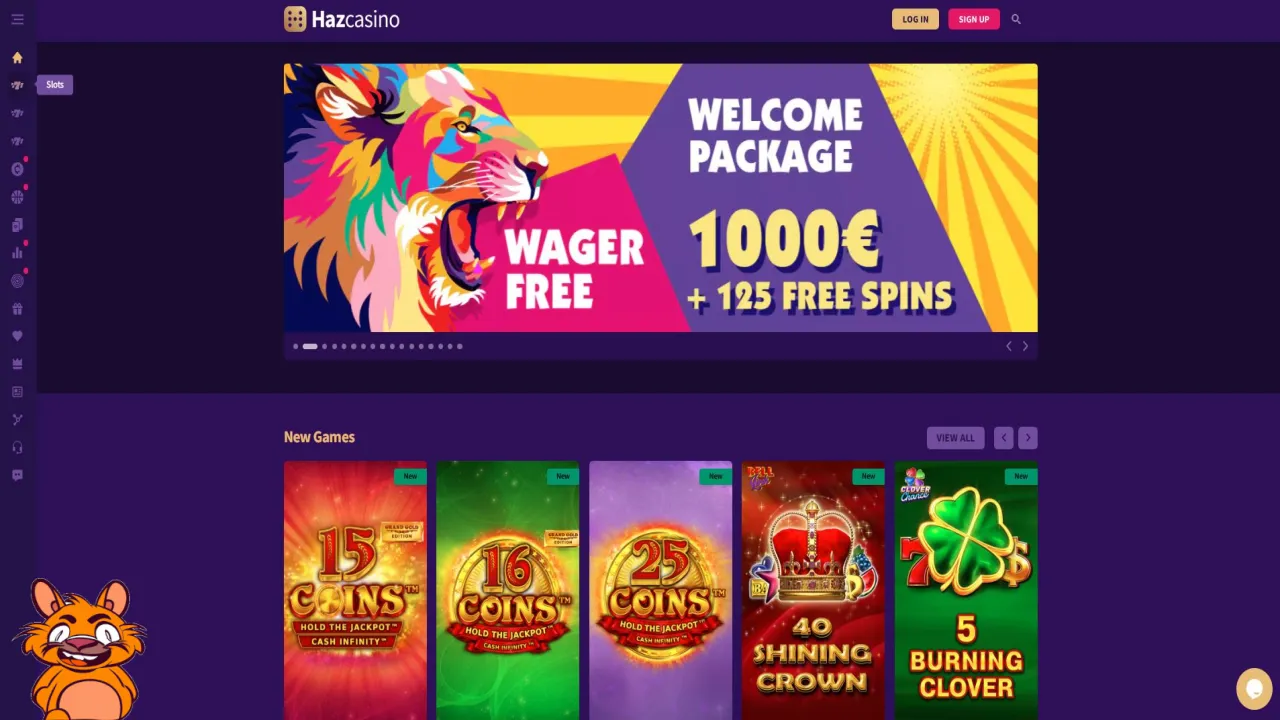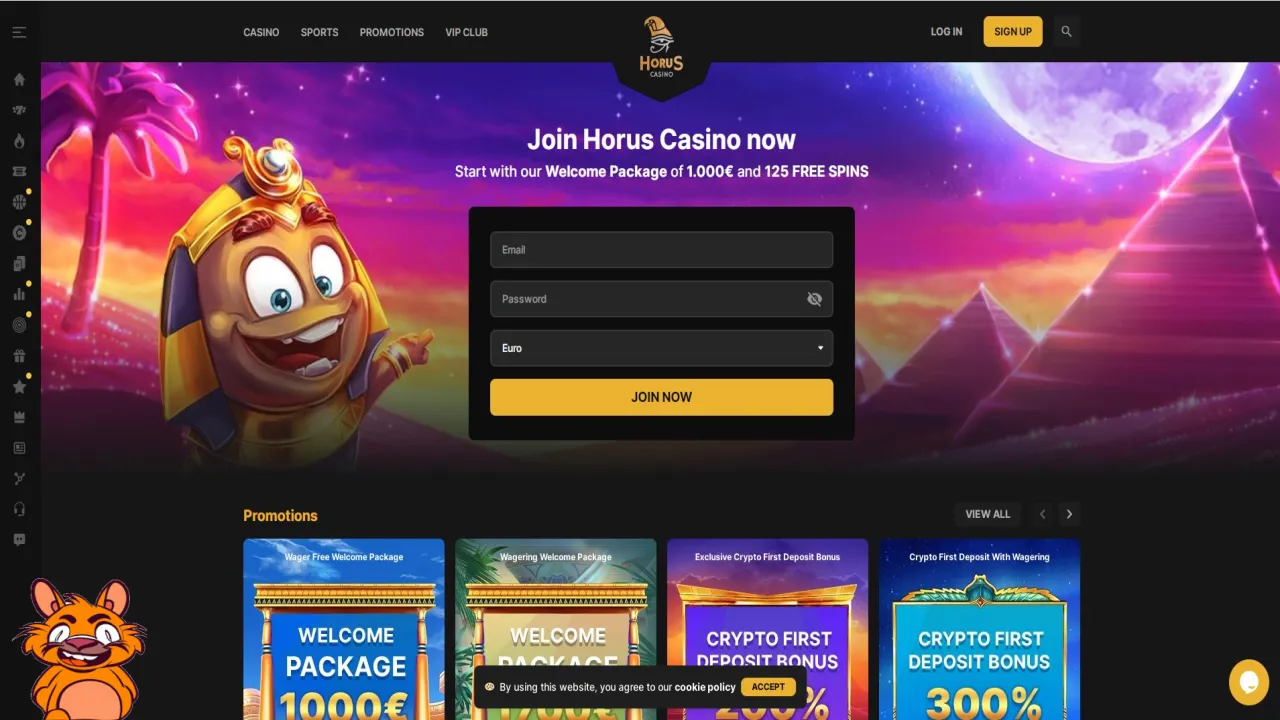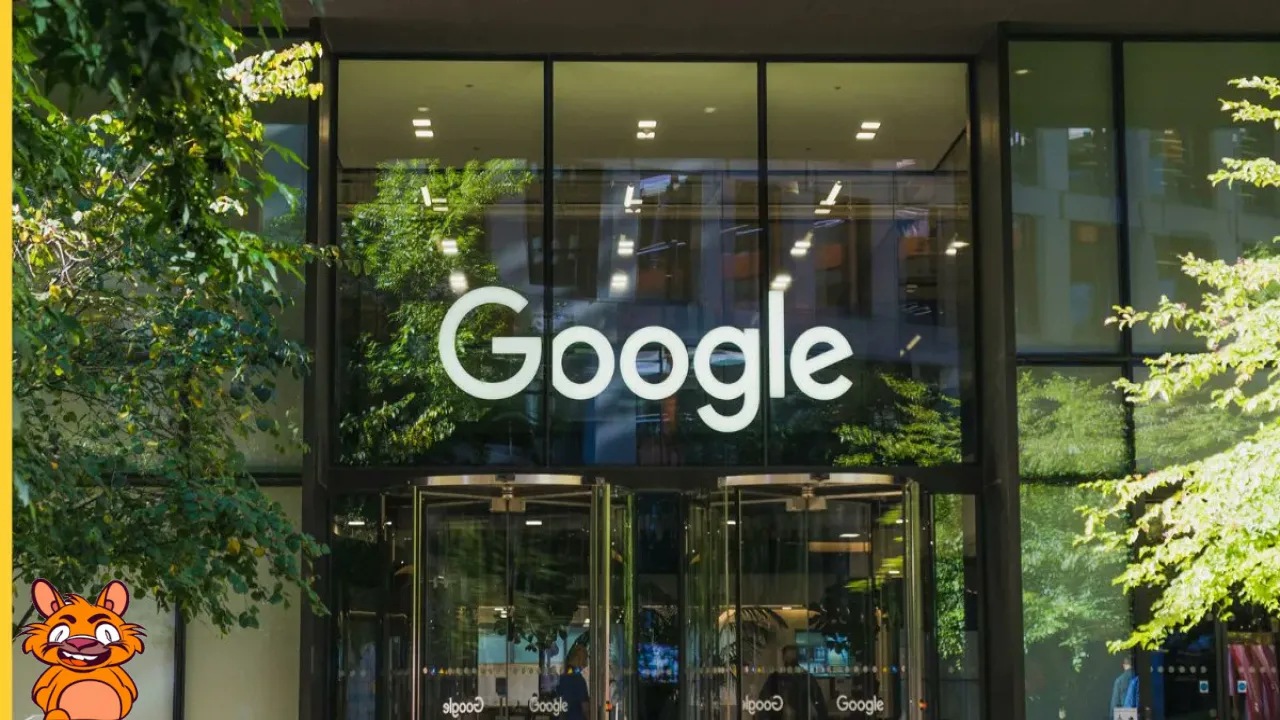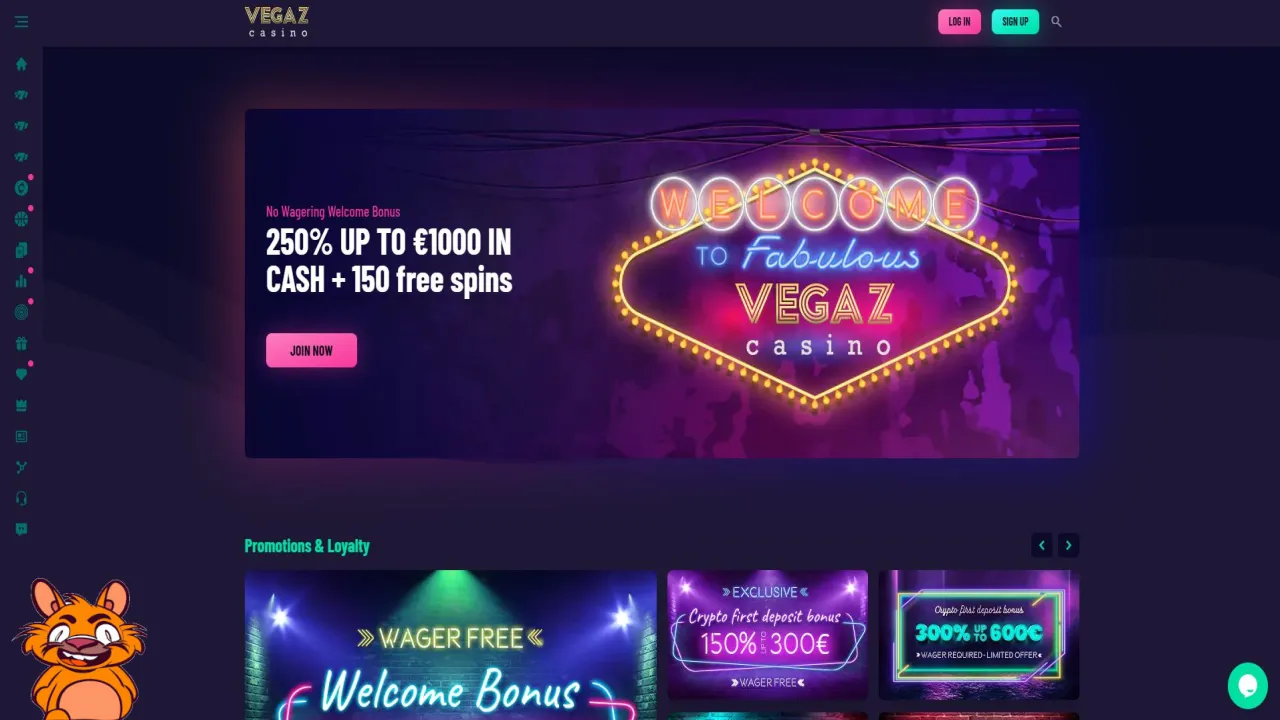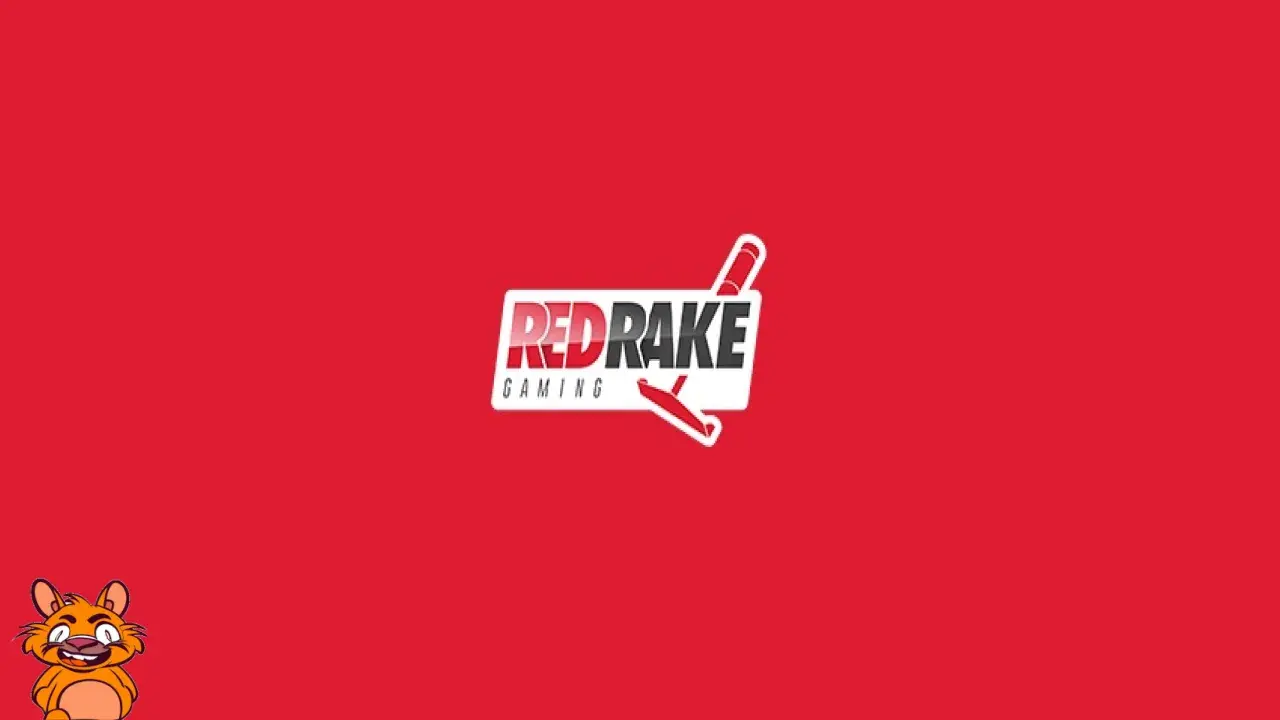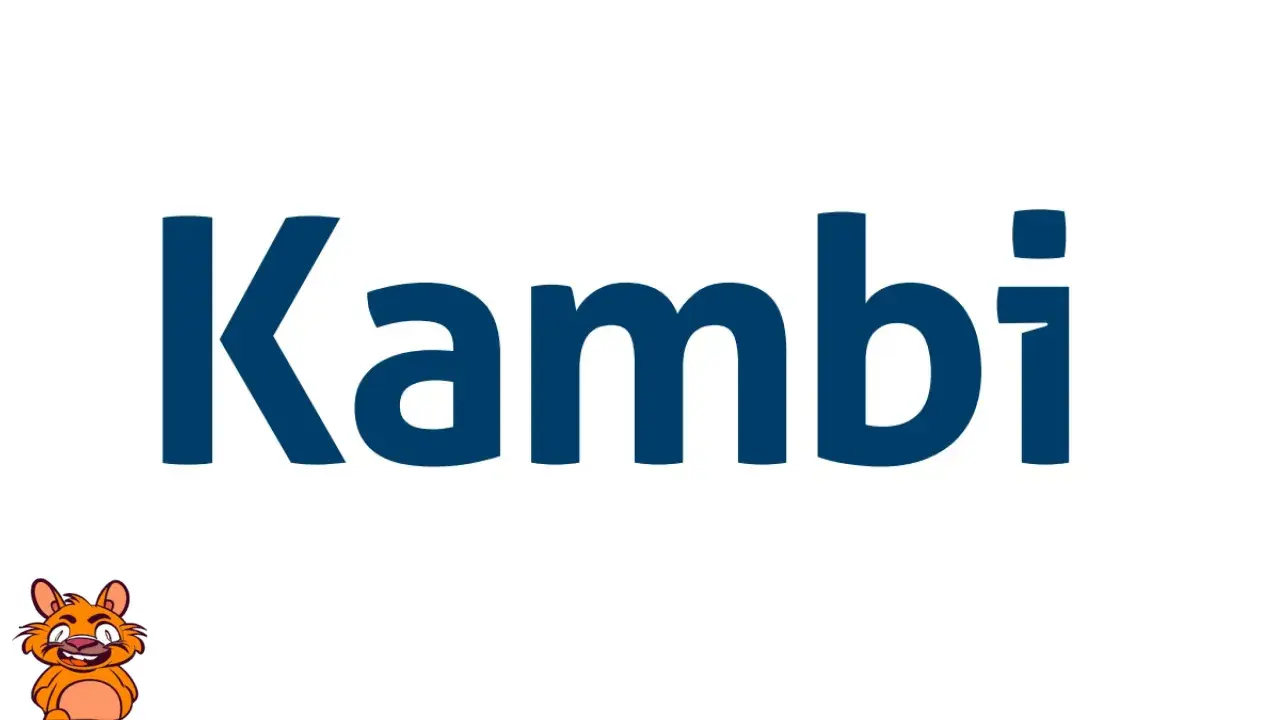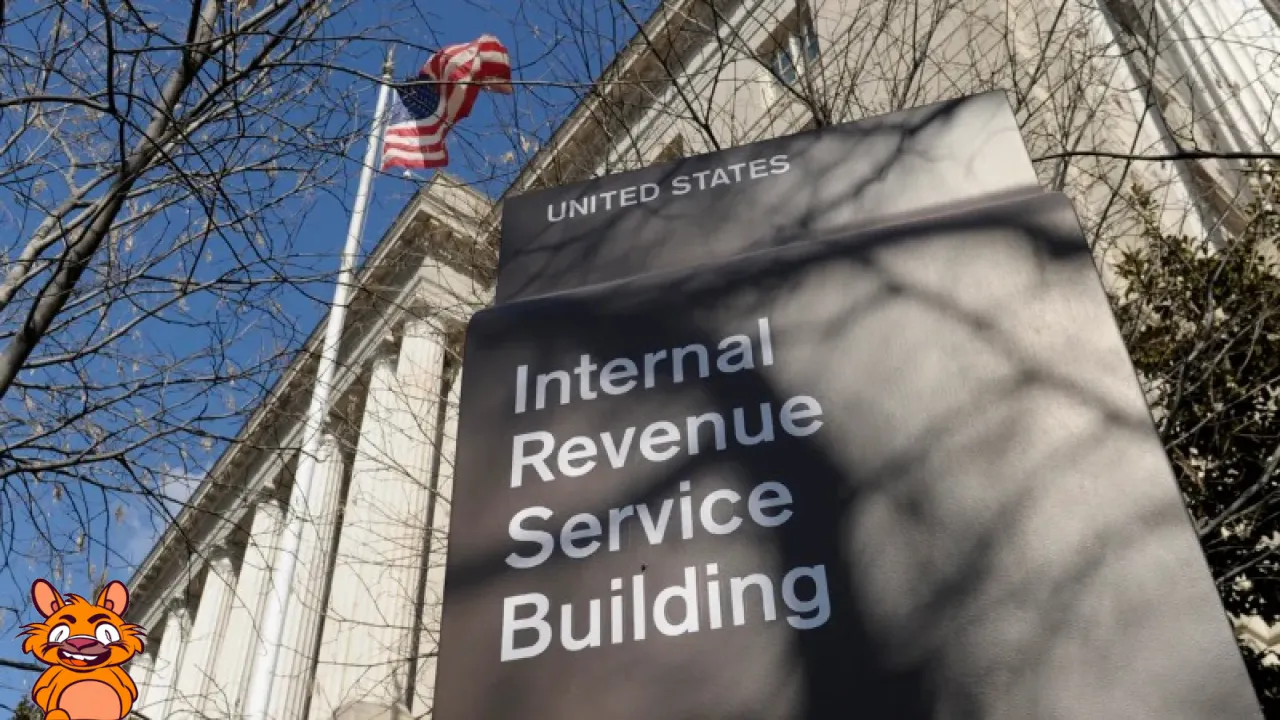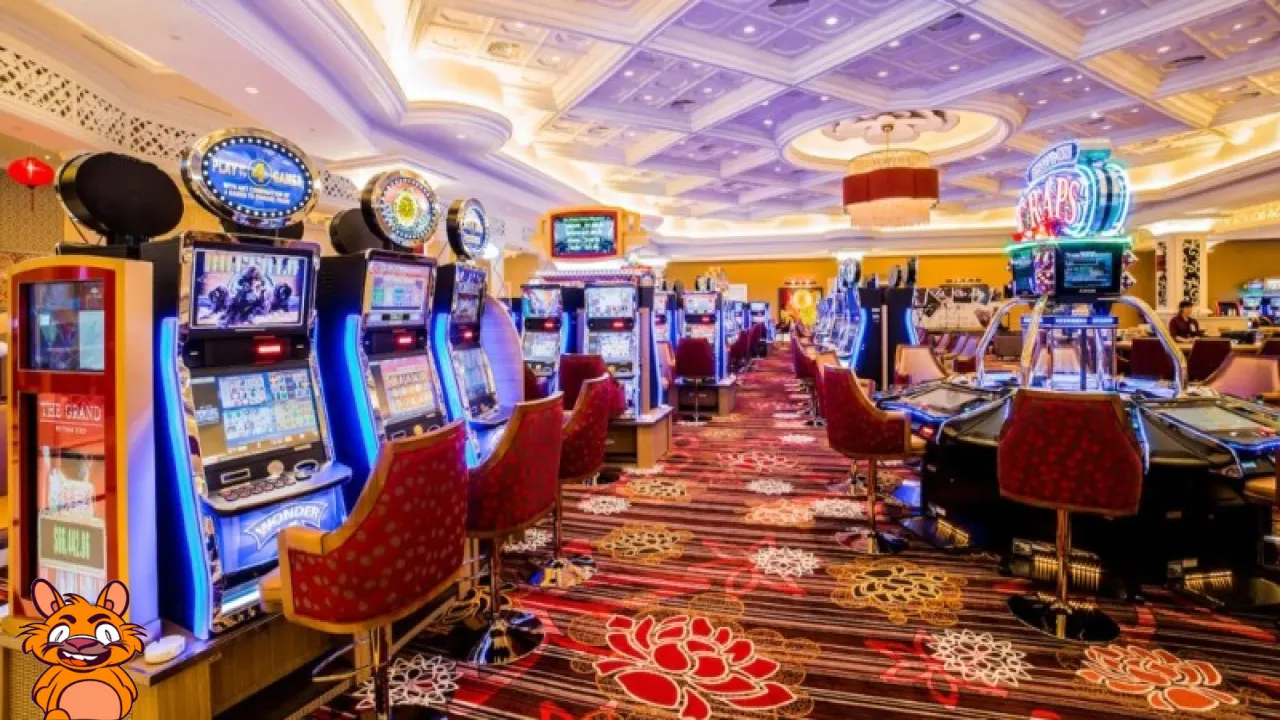
The Evolution of Responsible Gambling in the Modern Era
The world of gambling has evolved significantly over the years, not just in the variety and accessibility of games but also in the awareness and implementation of responsible gambling practices. As the industry has grown, so too has the recognition of the importance of protecting players from the potential harms associated with gambling. Today, responsible gambling is a cornerstone of the industry, reflecting a commitment to creating a safe and enjoyable environment for all players.
Understanding Responsible Gambling
Responsible gambling refers to a set of policies and practices designed to ensure that gambling remains a safe and enjoyable activity. It involves measures to prevent gambling-related problems, such as addiction and financial loss, and to support those who may be affected by them. These measures are aimed at promoting a balanced and informed approach to gambling, where players are aware of the risks and know how to manage their gambling behavior.
Early Awareness and Measures
The concept of responsible gambling has been around for several decades, but early efforts were often limited in scope and effectiveness. In the past, gambling was predominantly viewed as a personal choice with little consideration for the potential negative impacts. However, as the industry expanded and more people were exposed to gambling opportunities, the need for protective measures became increasingly apparent.
Initially, responsible gambling efforts focused on providing basic information about the risks of gambling and promoting self-control. Simple warnings about the dangers of gambling addiction were often displayed in casinos and on lottery tickets. However, these early measures were largely passive and did not involve comprehensive strategies to support players who might be struggling.
The Rise of Online Gambling
The advent of online gambling in the late 1990s and early 2000s brought about a seismic shift in the industry. With gambling now accessible from the comfort of one’s home, the potential for problem gambling increased. This shift underscored the need for more robust responsible gambling measures.
Online casinos and sportsbooks began to implement tools that allowed players to set limits on their spending and playing time. Self-exclusion programs, where players could voluntarily ban themselves from gambling sites for a specified period, also became more common. These early tools marked a significant step forward in the industry’s approach to responsible gambling.
Modern-Day Responsible Gambling Practices
Today, responsible gambling practices have evolved to be more comprehensive and proactive. Regulatory bodies, operators, and advocacy groups have collaborated to create a multi-faceted approach that addresses various aspects of gambling behavior and support.
Advanced Technology and Data Analysis
One of the most significant advancements in responsible gambling is the use of technology and data analysis. Modern gambling platforms use sophisticated algorithms to monitor players’ behavior and identify signs of problem gambling. These systems can track patterns such as increased frequency of play, rising amounts wagered, and erratic behavior. When such patterns are detected, the system can automatically trigger interventions, such as sending warning messages to the player or temporarily restricting their account.
Personalized Interventions
The shift towards personalized interventions has also been a key development. Instead of generic warnings, players now receive tailored messages based on their gambling behavior. These messages can provide personalized advice, offer resources for help, or suggest taking a break. This personalized approach increases the likelihood of players responding positively to the intervention.
Education and Awareness Campaigns
Education and awareness campaigns have become more sophisticated and widespread. Operators and regulators invest in campaigns that educate the public about the risks of gambling and promote healthy gambling habits. These campaigns often use multimedia channels, including social media, to reach a broad audience. They aim to destigmatize seeking help and encourage open discussions about gambling problems.
Collaboration with Health Services
Modern responsible gambling practices also involve collaboration with health services and support organizations. Many gambling operators have partnerships with mental health professionals and addiction treatment centers. These partnerships ensure that players who need help can be referred to appropriate services. Additionally, some operators fund research into gambling addiction to improve understanding and treatment of the condition.
Regulatory Frameworks
Regulatory frameworks around the world have become stricter, requiring operators to adhere to responsible gambling standards. In many jurisdictions, licenses are contingent upon operators implementing robust responsible gambling measures. Regulators conduct regular audits and impose penalties on operators who fail to comply. This regulatory oversight ensures that responsible gambling is not just a voluntary effort but a mandatory requirement.
Self-Exclusion Programs
Self-exclusion programs have become more accessible and effective. Players can easily exclude themselves from multiple gambling sites through centralized self-exclusion schemes. These programs are designed to provide a break for players who feel they need it, giving them time to seek help and regain control over their gambling habits.
Financial Limits and Reality Checks
Modern gambling platforms offer a range of tools to help players manage their spending. Players can set deposit limits, wager limits, and loss limits, which help them stay within their budget. Reality checks, which remind players of the time and money spent during a session, are also common. These tools empower players to make informed decisions about their gambling.
Support and Resources
The availability of support and resources has greatly improved. Gambling operators provide links to helplines, counseling services, and self-help resources directly on their websites. Many also offer in-house support teams trained to assist players who may be experiencing problems. This easy access to support ensures that help is readily available when needed.
Conclusion
The journey of responsible gambling has come a long way from its early days of basic warnings and limited interventions. Today, it encompasses a holistic and proactive approach that leverages technology, personalized interventions, education, collaboration with health services, and stringent regulatory frameworks. These advancements reflect a growing recognition of the importance of protecting players and promoting a safe and enjoyable gambling environment.
As the industry continues to evolve, the commitment to responsible gambling will remain a critical focus. By prioritizing player well-being and continuously improving responsible gambling practices, the industry can ensure that gambling remains a form of entertainment that is both fun and safe for everyone.



